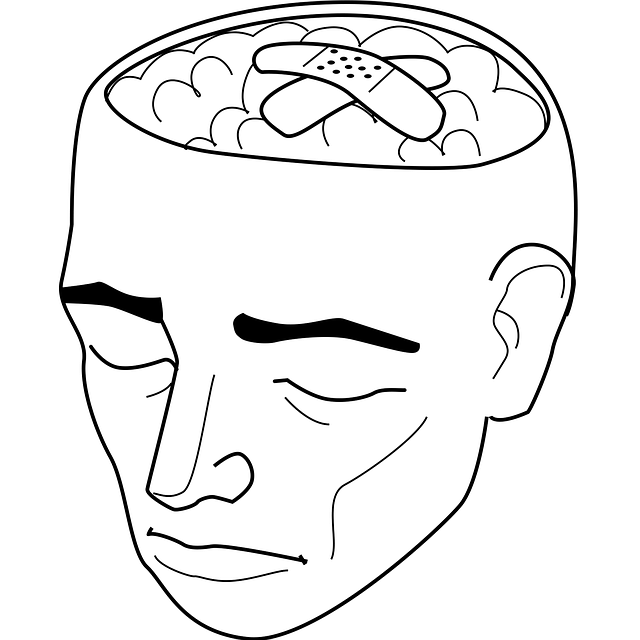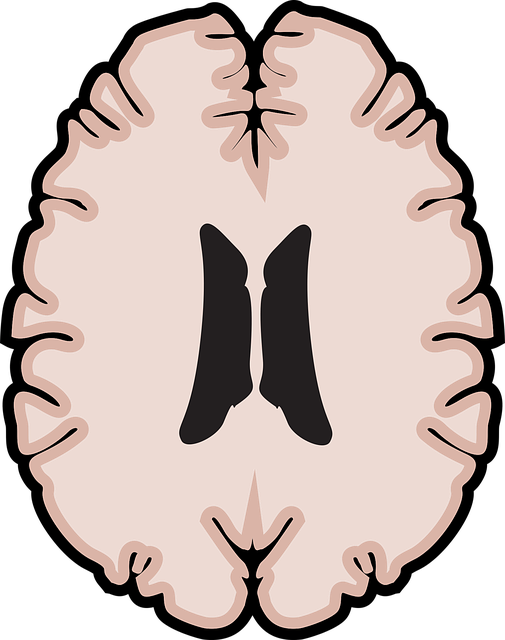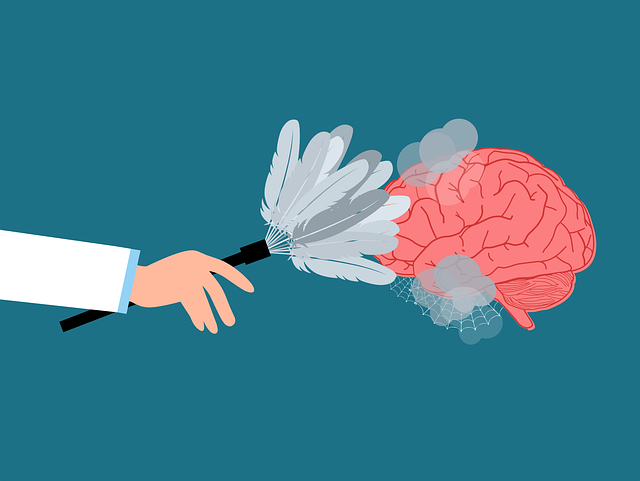Longmont Terminal Illness Therapy offers comprehensive stress reduction techniques targeting chronic stress, anxiety, depression, and its physical manifestations like heart disease. Their holistic approach integrates mindfulness, relaxation exercises, cognitive-behavioral therapy, and personalized coping mechanisms to address mind-body-spirit connections. By encouraging practices like meditation, physical activity, and journaling, they empower individuals to manage daily stress levels and improve mental well-being. The therapy focuses on building resilience against life-altering challenges, particularly terminal illness, through personalized counseling, support groups, and burnout prevention strategies.
Stress management is a vital aspect of maintaining holistic well-being. This article explores effective strategies to combat stress, focusing on Longmont Terminal Illness Therapy’s unique approach. We’ll delve into understanding stress and its profound impact on mental health. Additionally, discover daily techniques for reduction, long-term resilience building, and how LTIT offers personalized solutions. Learn practical steps to navigate stressful situations and enhance your quality of life through proven methods, including mindfulness and cognitive-behavioral therapies.
- Understanding Stress and Its Impact on Well-being
- Longmont Terminal Illness Therapy: A Holistic Approach to Stress Management
- Effective Techniques for Daily Stress Reduction
- Building Resilience: Long-term Strategies for Coping with Stressful Situations
Understanding Stress and Its Impact on Well-being

Stress is a natural response to demanding situations, but when it becomes chronic, it can significantly impact our physical and mental health. Understanding how stress affects the mind and body is crucial for developing effective management strategies. Prolonged stress can lead to various issues such as anxiety, depression, sleep disturbances, and even physical ailments like heart disease and a weakened immune system. Recognizing these effects prompts individuals to seek solutions, which is where Longmont Terminal Illness Therapy and similar organizations play a vital role in teaching valuable techniques.
The impact of stress on emotional well-being cannot be overstated. It can disrupt daily functioning, affecting work performance, personal relationships, and overall quality of life. By learning stress management workshops and organization strategies, individuals gain the tools to navigate challenging situations more effectively. These techniques often include mindfulness practices, relaxation exercises, and cognitive-behavioural therapy, all aimed at boosting confidence and promoting emotional well-being.
Longmont Terminal Illness Therapy: A Holistic Approach to Stress Management

In Longmont Terminal Illness Therapy, a holistic approach to stress management is embraced, focusing on the interconnectedness of mind, body, and spirit. This method acknowledges that stress often stems from complex emotional and physical factors, requiring a comprehensive solution. By incorporating Mind Over Matter principles, clients are guided to cultivate resilience and coping mechanisms that transcend mere surface-level strategies. The therapy recognizes that each individual has unique needs, and thus offers tailored support to address underlying issues contributing to stress, anxiety, or depression.
Longmont Terminal Illness Therapy also extends its services to those seeking trauma support, understanding the profound impact past traumatic experiences can have on mental health. Through compassionate and skilled facilitation, clients are empowered to process and heal from these wounds, thereby reducing the existential weight that often manifests as chronic stress. This holistic perspective not only equips individuals with tools for managing immediate stressors but also fosters long-term well-being by preventing depression and promoting sustainable mental health practices.
Effective Techniques for Daily Stress Reduction

Stress reduction is an essential aspect of maintaining good mental health, especially when navigating challenging life situations. Longmont Terminal Illness Therapy offers a range of effective techniques to help individuals manage and reduce daily stress levels. One powerful method is mindfulness meditation, which encourages staying present and focusing on the here and now, thereby calming the mind and reducing anxiety. Regular practice can enhance one’s ability to handle stressful events more effectively.
Additionally, engaging in physical activity releases endorphins, known as ‘feel-good’ hormones, which can significantly improve mood management. Longmont Terminal Illness Therapy also promotes journaling as a mental wellness exercise. Writing down thoughts and experiences daily allows for reflection and identification of stress triggers, providing individuals with valuable insights to better understand their emotional responses. This practice is particularly beneficial in conjunction with risk assessment for mental health professionals, ensuring proactive mental health maintenance.
Building Resilience: Long-term Strategies for Coping with Stressful Situations

Building resilience is a crucial component of long-term stress management, especially when facing challenging life situations, including terminal illness. Longmont Terminal Illness Therapy offers valuable insights into coping strategies that empower individuals to navigate stressful scenarios with greater equanimity. Through personalized counseling and support groups, therapy sessions teach effective techniques for managing anxiety, grief, and the emotional weight of such diagnoses.
By focusing on burnout prevention and depression prevention, these strategies aim to foster mental fortitude. Participants learn to identify triggers, develop healthy coping mechanisms, and cultivate a supportive network—essential elements in enhancing resilience. Public awareness campaigns can also play a significant role in normalizing conversations about stress management and terminal illness, reducing stigma and promoting proactive care for individuals facing such challenging circumstances.
In conclusion, managing stress effectively is a vital component of maintaining overall well-being. The article has explored various aspects of stress, from its causes and effects to practical techniques for daily reduction and long-term resilience building. One notable approach highlighted in this discussion is the Longmont Terminal Illness Therapy, which offers a holistic method to combat stress. By combining these strategies, individuals can navigate stressful situations with greater ease, enhancing their quality of life and fostering mental toughness.














